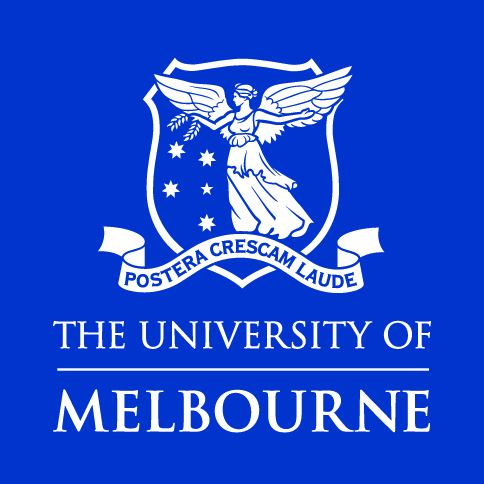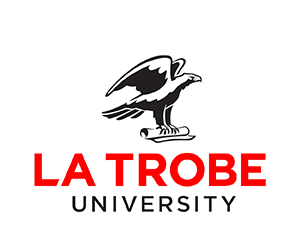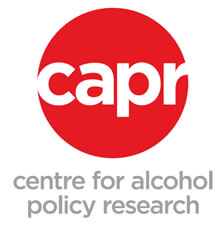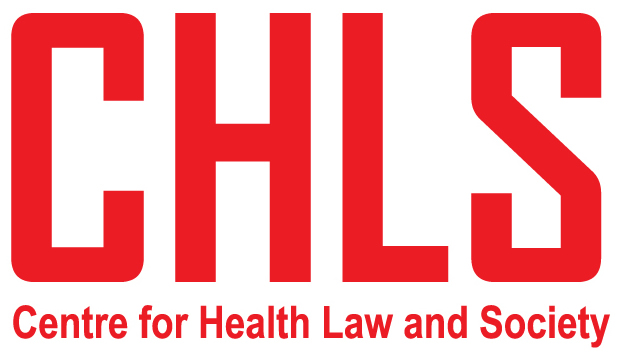



This meeting sought to examine how global and regional governance currently contributes -- and could contribute more in the future -- to the control of alcohol for public health purposes. The meeting also investigated how global and regional governance arrangements, especially through trade and investment law, limit the domestic regulation of alcohol, and options for remedying this situation. Contributions relevant to these topics were sought from those involved in social, political science and policy research and in public health legal research.
Background to the Meeting
Urgent action is needed by governments to control the marketing, labelling and availability of alcohol given the growing evidence about the burden of disease and premature mortality associated with alcohol consumption. But alcohol needs to be seen not just as a domestic issue, but as a global health problem. The sources of the harm (especially in the form of global alcohol industry conduct) cross borders, nearly all countries experience a range of harms from alcohol consumption, and the potential solutions to these problems increasingly require international innovation and solidarity through global governance. In this context, ‘global governance’ refers to the laws, rules, norms, institutions, processes and practices of state and non-state actors across national borders relating to alcohol.
Alcohol is the great exception among problematic psychoactive substances in not being covered by any public health-oriented international drug control conventions. The only international body with a continuing concern with alcohol issues, the World Health Organization (WHO), has expressed good intentions in the Global Strategy to Reduce the Harmful Use of Alcohol and in the Global Action Plan for the Prevention and Control of NCDs 2013-2020. The WHO is singularly well-placed to improve the global governance of alcohol, with its scientific and technical expertise and its range of instrument-making powers. But it also lacks resources for effective action, with fewer than a handful of staff committed to the area.
At the same time, alcohol is a substance of concern to other international organisations, including the United Nations General Assembly (which included alcohol in the Sustainable Development Goals, targets 3.4, 3.5 and 3.6 under Goal 3) and the Food and Agriculture Organization (which is considering an alcohol labelling standard for the first time). But institutional attention is sporadic and the links with public health efforts to reduce the harms associated with alcohol consumption have not been well drawn to date. The potential for other international organizations, with their diverse agendas, governing instruments, institutional processes and membership dynamics, to further the public health governance of alcohol has not been explored.
This work is urgent given the growing encroachment of international and regional trade agreements and disputes on national and subnational alcohol control powers. Scholarship has been limited about the major global factors that limit the ability of national and local governments to control markets for alcohol. Factors include the growing concentration and globalisation of alcohol producers and distributors, particularly in beer and spirits, but also increasingly in wine; the increasing success of industry efforts to develop and use trade agreements and dispute settlement mechanisms to limit governmental control efforts; and the absence of any international public health-oriented alcohol control agreement or other instrument which could support interventions at the domestic level and assist the defence of alcohol control measures in trade and investment disputes, as the Framework Convention on Tobacco Control has done to some extent in disputes about tobacco.
Invited speakers
- Douglas Bettcher, until recently the Director of Prevention of Noncommunicable Diseases at the World Health Organization
- Sally Casswell, Director of SHORE, Massey University, New Zealand, and President of the Global Alcohol Policy Alliance, as well as of the Kettil Bruun Society
- David Jernigan, Department of Health Law, Policy & Management, Boston University, a leading researcher on advertising regulations and on the structure of the alcohol industry
- Paula O’Brien, Melbourne School of Law, who has analysed industry-backed complaints concerning alcohol labelling requirements and their resolution in the Technical Barriers to Trade Committee of the World Trade Organization
- Jane Kelsey, Faculty of Law, University of Auckland, an expert on provisions concerning the handling of public health issues in trade agreements
- Jonathan Liberman, Director of the McCabe Centre on Law and Cancer, with expertise in the history of the Framework Convention on Tobacco Control
- Gian Luca Burci, Graduate Institute of International and Development Studies (IHEID), Geneva, and former legal counsel of the World Health Organization
Generously sponsored by


